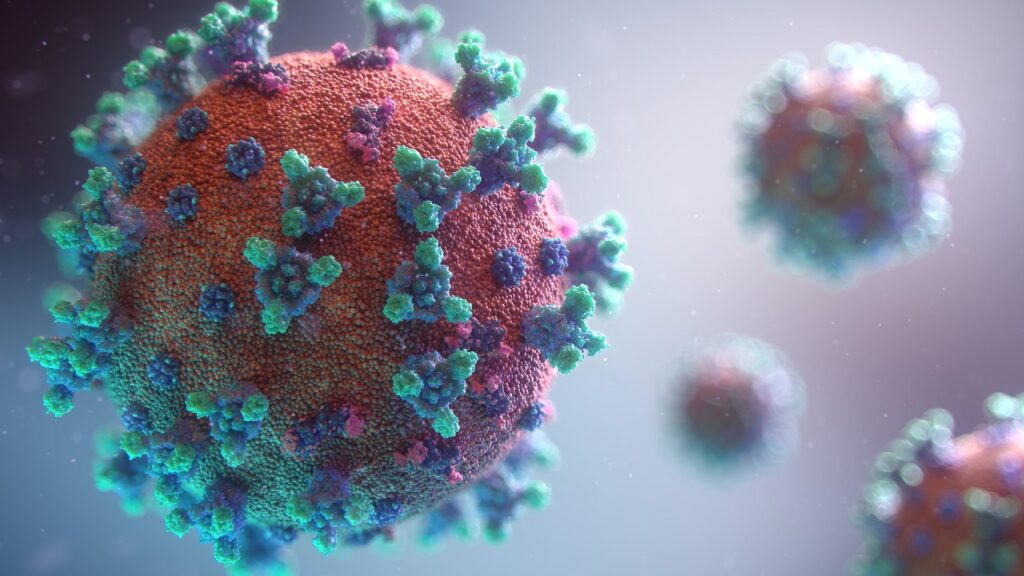While it’s clear that existing vaccines are not as effective against the Omicron variant of COVID-19 as they were for Delta, researchers are still scrambling to understand in detail the impacts that vaccines have against the strain of coronavirus that has become dominant worldwide. Individual studies seem to indicate boosters do offer protection against very severe infection.
One thing appears certain: Previous infection does not offer protection. An Imperial College London report from December shows that re-infection with the Omicron strain is 5.4 times more likely than with the Delta strain, and that having had COVID-19 provides little to no protection against Omicron re-infection.
Another finding across several studies is that two doses of the vaccines do not offer much protection against Omicron, while a booster gives some protection against infection and apparently does limit severity of the infection.
A preliminary study published in December by Public Health Toronto and ICES in Toronto found that two injections and a booster of an mRNA vaccine provide a protection effectiveness level of 93% against infection with Delta a week after the third shot, but only gave 37% protection against getting infected by Omicron. That study only looked at protection against infection, and did not measure how much a vaccine can blunt the severity of the disease.
Another study from December offered good news about prevention of severe cases from Omicron:
“It looks like with Omicron there is a chance that people with the booster could get infected, but have much less chance of getting seriously infected,” said Dr. Gili Regev-Yochay, director of the Infectious Disease Epidemiology Unit at Sheba Medical Center. His center studied effectiveness of two Pfizer-BioNTech shots and a booster against Omicron, based on the results of a study that compared bloodwork of 20 healthcare workers who had received two doses and 20 healthcare workers who had received booster shots a month prior.
An early estimate from a UK study, published Dec. 10, said that an mRNA booster shots’ effectiveness is moderate to high against symptomatic infection, adding that they provide protection of 70-75% in the first few weeks following the administration of the booster. The study also found that “the duration of restored protection after mRNA boosting is not known at this juncture.”
Pfizer reported on Dec. 8 that preliminary lab studies have shown that three doses of the Pfizer-BioNTech vaccine against COVID-19 neutralize Omicron, adding that two doses demonstrated substantially reduced neutralization titers.




